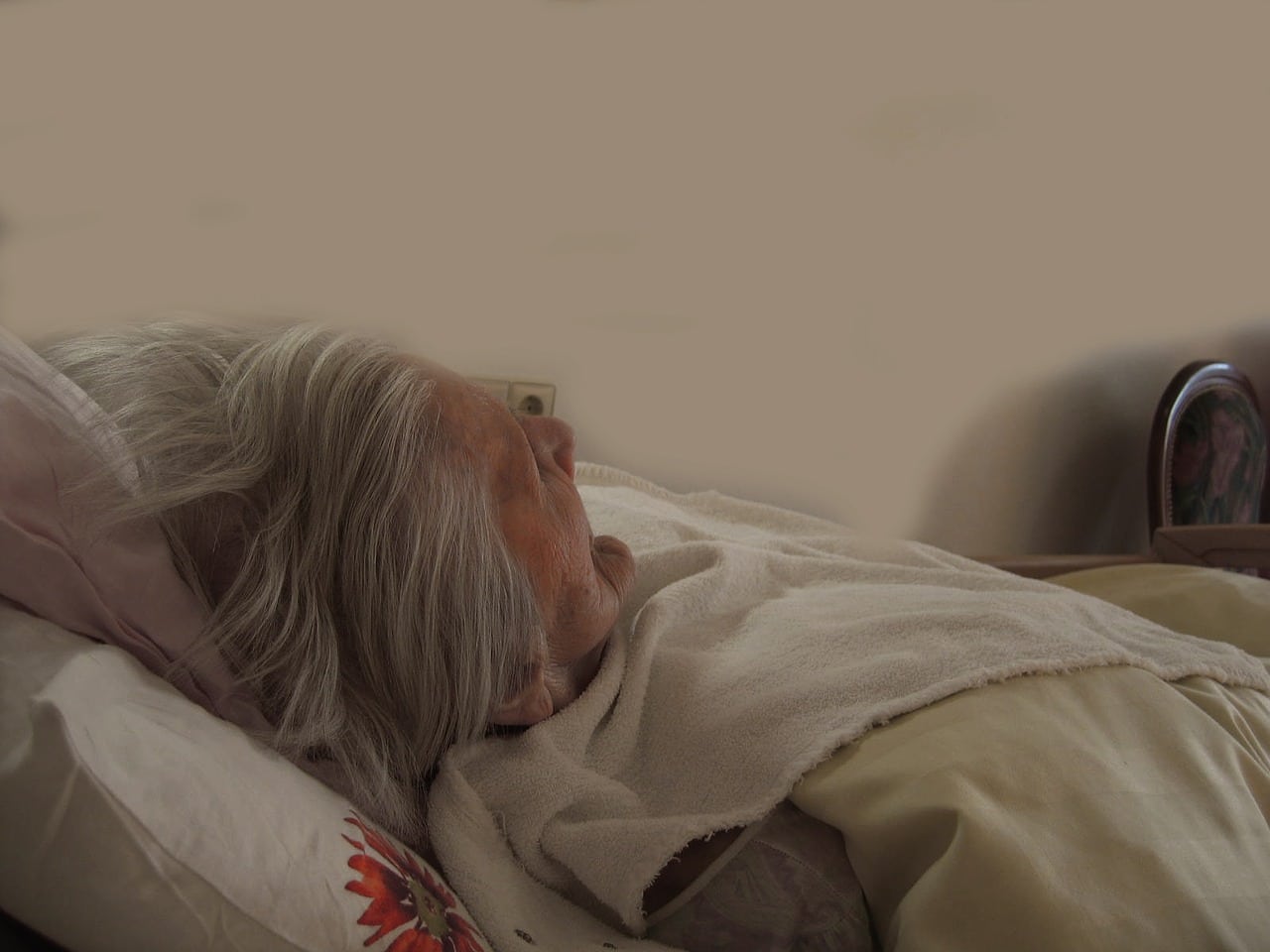
Bedsores are one of the most common injuries that occur in Georgia nursing homes. When you place a loved one in a nursing home, it is typically because they can no longer care for themselves and you are not able to provide the care they need. When you choose a nursing home, you are entrusting the nursing home’s administrators and staff with one of the most important duties imaginable: caring for another human being, your loved one.
Finding out that your loved one has developed bedsores can understandably feel like a violation of that trust. In Georgia law, you may have a legal claim against the nursing home and/or some of its staff members for the harm.
Pressure Ulcers and Bedsores
Pressure ulcers and bedsores are two different terms for the same condition of skin sores that develop as a result of limited blood flow to an area. Blood flow is limited when a part of the body is pressed up against something, like a bed or wheelchair, for a long period of time. Bedsores are more likely to develop on the skin atop bony areas such as the hip, ankle, back of head, and tailbone.
Bedsores range in severity from a red, swollen area on the skin’s surface to a deep open wound that may never fully heal. Their severity is identified by stages; stage 1 is the least severe and stage 4 is the most severe. More severe cases can lead to severe complications including sepsis, which is a body-wide infection, and even death.
Causes of Pressure Ulcers
Bedsores are a common problem in nursing facilities, particularly among patients with limited or no independent mobility. These patients are often spending the bulk or all of their days in bed or between a bed and a wheelchair. Being in the same position creates pressure at certain spots, which cuts off blood flow and causes bedsores.
Nursing homes sometimes argue that pressure ulcers and bedsores are unavoidable, but this is deceptive. It is true that even with the best nursing home care, pressure ulcers and bedsores sometimes develop. However, there are ways to significantly reduce the risk of bedsores. In fact, the Model Systems Knowledge Translation Center estimates that 95% of all pressures sores are preventable.
Legal Liability for Pressure Ulcers and Bedsores
Two of the most important steps for preventing bedsores in nursing home patients are repositioning the patient frequently and make sure skin is kept dry. This means nursing home staff must promptly clean up any urine or feces for bedridden patients. Nursing homes are obligated to take these and other steps to prevent pressure sores. They must also provide adequate medical care for any bedsores that do develop. Unfortunately, nursing homes do not always live up to these responsibilities.
Get Legal Help for Nursing Home Malpractice and Negligence
There are far too many cases where a Georgia nursing home resident’s bedsores could have been avoided or complications minimized if the nursing facility provided the care it was ethically and legally required to. Fortunately, nursing homes and their staff can be held liable for their misconduct.
Proving that pressure ulcers and bedsores are the result of negligent or intentional misconduct by a nursing home or its staff members and not an unavoidable consequence of being largely bedridden, can be difficult. Having counsel experienced in nursing home lawsuits can improve your likelihood of successfully obtaining fair compensation. If you would like more information or would like to discuss your case, contact Attorney Marc Howard at Williams Elleby Howard & Easter today to schedule a free consultation by calling 833-LEGALGA.





